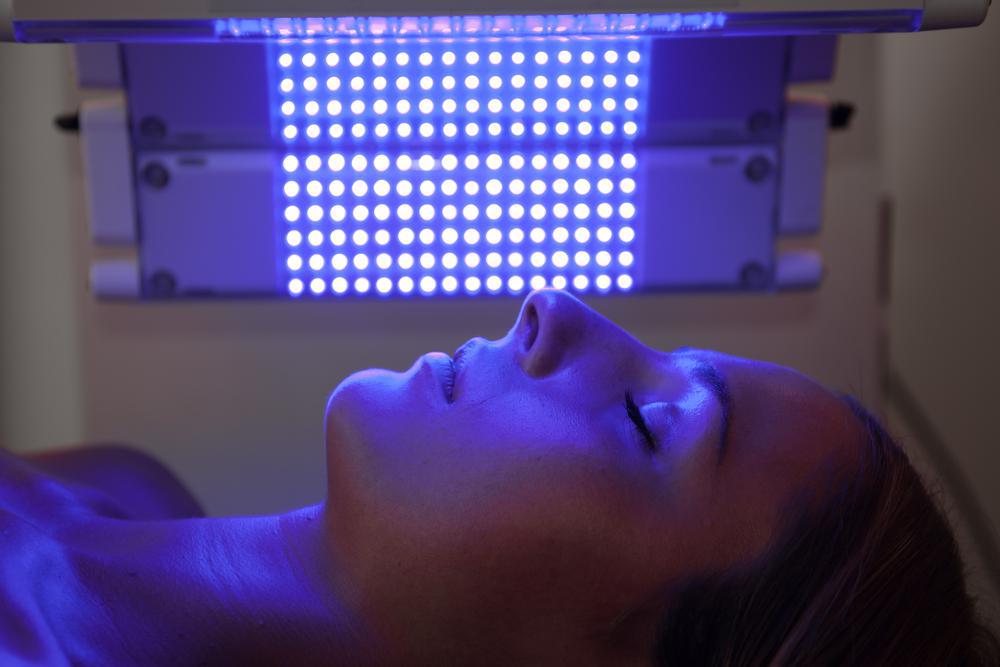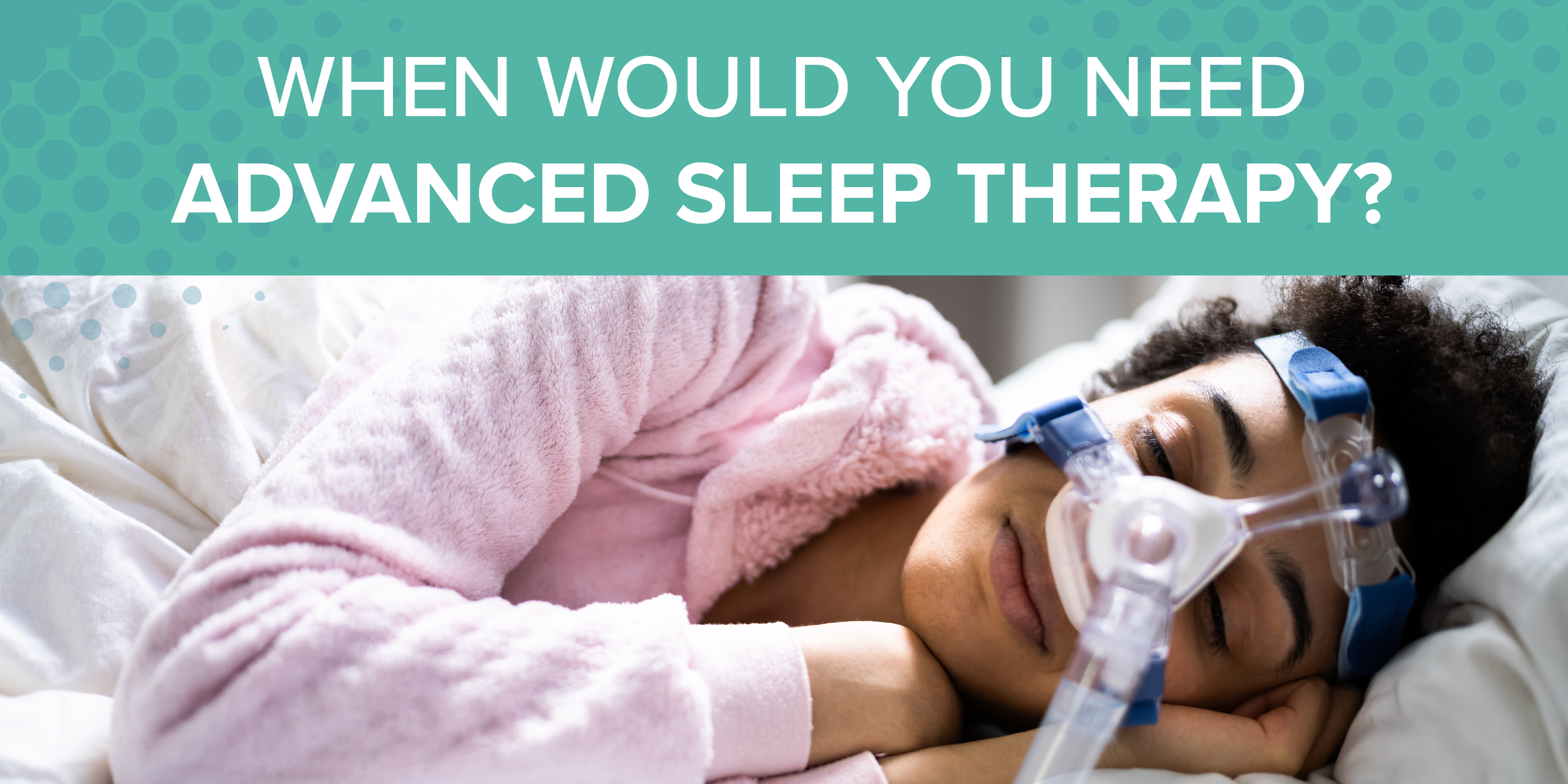Ingenious Insomnia Solutions - Find What Works for You
Ingenious Insomnia Solutions - Find What Works for You
Blog Article
Reliable Therapy Solutions for Handling Rest Disorders and Enhancing Relaxed Rest
In the world of medical care, the management of rest disorders and the mission for relaxed sleep are crucial parts of overall health. As we navigate the elaborate landscape of rest problems and seek to improve our rest experience, a deeper understanding of these treatment remedies might hold the key to opening a more refreshing and meeting restorative journey.
Cognitive Behavior Modification for Sleep Problems (CBT-I)
Cognitive Behavior Modification for Sleep Problems (CBT-I) is a structured, evidence-based therapy approach that focuses on addressing the underlying elements contributing to rest disturbances. This kind of therapy intends to modify habits and thoughts that worsen sleep problems, eventually advertising healthy and balanced sleep patterns. CBT-I typically entails numerous crucial elements, consisting of cognitive therapy, rest constraint, stimulation control, and rest health education.
Cognitive therapy helps individuals identify and alter adverse thought patterns and ideas about sleep that may be hindering their capacity to fall or remain asleep. Rest constraint involves limiting the amount of time invested in bed to match the person's actual sleep duration, therefore raising sleep effectiveness (sleep improvement therapy). Stimulation control methods aid establish a solid association between the bed and sleep by urging people to visit bed only when drowsy and to avoid taking part in stimulating activities in bed
In addition, rest health education concentrates on creating healthy sleep practices, such as preserving a constant sleep routine, producing a relaxing bedtime regimen, and enhancing the sleep atmosphere. By attending to these variables comprehensively, CBT-I provides a reliable non-pharmacological intervention for taking care of sleeping disorders and enhancing general sleep top quality.
Rest Hygiene Practices
Having actually established the foundation of cognitive restructuring and behavioral modifications in dealing with sleeping disorders via Cognitive Behavioral Therapy for Insomnia (CBT-I), the emphasis now shifts towards exploring important Rest Hygiene Practices for preserving optimal sleep top quality and overall wellness.
Sleep health techniques incorporate a variety of practices and ecological factors that can considerably influence one's ability to sleep and stay asleep throughout the evening. Constant rest and wake times, creating a relaxing going to bed regimen, and maximizing the rest environment by maintaining it dark, silent, and cool are critical elements of excellent rest hygiene. Limiting exposure to screens before going to bed, preventing energizers like caffeine close to bedtime, and taking part in regular physical activity throughout the day can additionally promote much better rest top quality.
In addition, exercising leisure techniques such as deep breathing exercises or reflection before bed can assist soothe the mind and prepare the body for sleep. By integrating these sleep hygiene practices right into one's everyday regimen, individuals can establish a healthy and balanced sleep pattern that supports restful rest and general well-being.
Relaxation Methods and Mindfulness
Carrying out relaxation techniques and mindfulness practices can play a crucial function in cultivating a feeling of tranquility and promoting quality rest. insomnia specialist. These methods aim to silent the mind, minimize tension, and create an ideal atmosphere for relaxing rest. One widely exercised approach is deep breathing exercises, where people concentrate on sluggish, deep breaths to unwind the mind and body. Progressive muscle mass leisure includes tensing and afterwards releasing each muscle mass group, advertising physical leisure. Furthermore, guided images can assist transfer people to a relaxed location in their minds, assisting in tension decrease and boosting sleep high quality.
By including these practices into a going to bed regimen, people can signal to their bodies that it is time to prepare and relax for sleep. In general, incorporating leisure strategies and mindfulness techniques can substantially add to handling sleep disorders and improving overall sleep top quality.

Medicine Options for Sleep Disorders
After discovering relaxation techniques and mindfulness techniques as non-pharmacological treatments for improving sleep top quality, it is important to consider medication choices for people with sleep conditions. In situations where way of living changes and therapy do not supply enough alleviation, medication can be a beneficial tool in managing sleep disturbances.
Generally suggested medicines for rest problems consist of benzodiazepines, non-benzodiazepine hypnotics, antidepressants, and review melatonin receptor agonists. Antidepressants, such as trazodone, can be useful for individuals with co-occurring depression and sleep disturbances - sleep disorder treatment.
It is vital for individuals to seek advice from a doctor to figure out the most suitable drug choice based upon their certain sleep problem and case history.
Light Treatment for Circadian Rhythm Law
Light therapy, likewise understood as phototherapy, is a non-invasive therapy method made use of to manage circadian rhythms and boost sleep-wake cycles. This therapy entails direct exposure to intense light that imitates all-natural sunshine, which helps to reset the body's inner clock. By exposing people to particular wavelengths of light, normally in the morning or night depending upon the desired impact, light treatment can successfully adjust the circadian rhythm to advertise wakefulness during the day and improve restful rest in the evening.
Research study has actually revealed that light therapy can be specifically helpful for people with circadian rhythm problems, such as postponed sleep phase disorder or jet lag. It can likewise be helpful for those experiencing seasonal affective condition (SAD), a kind of anxiety that usually takes place throughout the wintertime months when all-natural light direct exposure is reduced. Light therapy is generally well-tolerated and can be utilized combined with other treatment techniques for sleep conditions to optimize outcomes and boost general rest high quality.
Conclusion
To conclude, reliable therapy services for handling sleep conditions and enhancing peaceful rest consist of Cognitive Behavior modification for Sleeping Disorders (CBT-I), rest hygiene practices, leisure techniques and mindfulness, medication options, and light treatment for body clock guideline. These approaches can aid people boost their rest high quality and general well-being. It is very important to talk to a health care service provider to determine the most ideal technique for resolving rest problems.
As we navigate the intricate landscape of rest problems and look for to boost our rest experience, a deeper understanding of these treatment remedies may hold the key to opening a more rejuvenating and meeting corrective trip.
Rest constraint includes limiting the amount of time spent in bed to match the person's actual sleep period, thereby raising rest effectiveness. Consistent sleep and wake times, creating a relaxing going to bed regimen, and enhancing the rest atmosphere by keeping it dark, silent, and cool are critical elements of good rest health. Light therapy is usually well-tolerated and can be two types of sleep apnea made use of in conjunction with various other treatment methods for sleep disorders to optimize results and improve total sleep quality.

Report this page